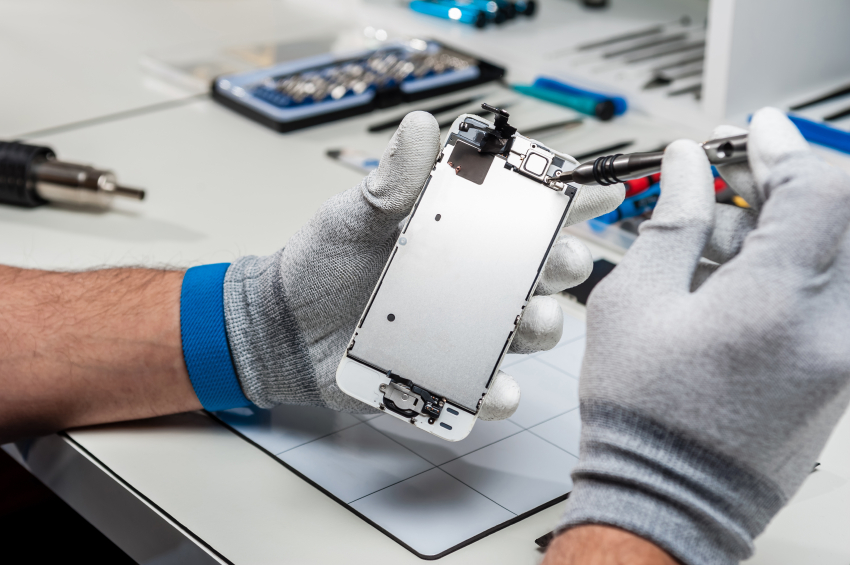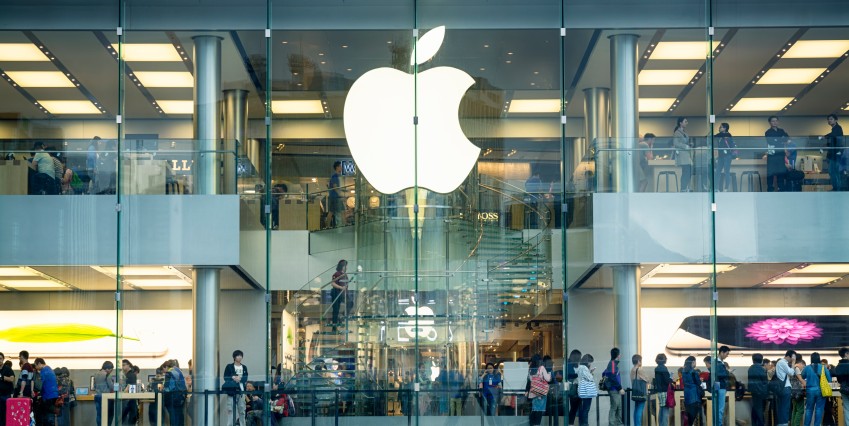Are you aware that Apple and the FBI are currently in an intense battle, stemming from a philosophical disagreement about how to best protect the public from harm?
According to a recent LA Times article, Apple is facing pressure from the FBI to build a program that will decrypt a cell phone that belonged to one of the shooters in last year’s San Bernadino terrorist strike.
On the surface, the FBI’s request is reasonable and supports their goal of gathering more information about this attack and providing clues which may prevent future terrorist attacks.
However, Apple recently released an open letter to customers expressing their concerns. In this letter, Apple revealed that each customer’s iPhone data has been encrypted and Apple itself does not have access to the private information stored on their customers’ cell phones.
 In order to comply with the FBI’s request, Apple would be required to build a program that hacks into the iPhone and decrypts the data. Apple also expressed concern that building such a program poses a privacy danger to anyone in possession of an iPhone.
In order to comply with the FBI’s request, Apple would be required to build a program that hacks into the iPhone and decrypts the data. Apple also expressed concern that building such a program poses a privacy danger to anyone in possession of an iPhone.
Once this program is built, it could be stolen, misused or acquired in order to encroach on the privacy of other iPhone users. This could lead to a data breach of confidential information saved on a phone, including passwords, bank account information, proprietary business ideas, etc.
This presents a serious ethical dilemma for Apple. Should they comply with the FBI’s request in an effort to search for clues that could prevent future attacks? Or should Apple protect the interest of their customers by demonstrating that all private data saved on an iPhone is secure and can’t be hacked?
Ideally, there would be one clear decision that results in a 100% positive solution to the problem. Unfortunately, either decision Apple makes poses a potential threat to the safety of others.
As it relates to ethical decision-making, the right answer is not always clear. This is not a case of good versus bad. It is highly possible that both Apple and the FBI have good intentions, and are both doing what they believe is in the best interest of protecting the public. These organizations have competing values and must determine which value is of greater priority.
In these scenarios, it is wise to determine which decision minimizes the amount of harm that can take place. Since there may be disagreements about which decision achieves that goal, it may be helpful to work collaboratively with the other person or group, to seek out a solution that is most beneficial for both parties and their stakeholders.
Though you may not be the CEO of your organization, you may still face similar ethical dilemmas in your careers. What would you do if the CEO of Apple asked you to provide a recommendation for the best course of action?
To better prepare yourself to face these potential gray areas in your career, develop a plan of action for yourself and your company for resolving these types of issues. After making your decision, remember to communicate your decision clearly to all of the stakeholders who may be impacted, to help them better understand why the decision was made, and to inform them how you intend to minimize potential harm to them in the future.
Always remember, Leadership is a Lifestyle.
— Ryan W. Hirsch
Operations Manager, NASBA Center for the Public Trust
 NASBA Center For Public Trust
NASBA Center For Public Trust 
